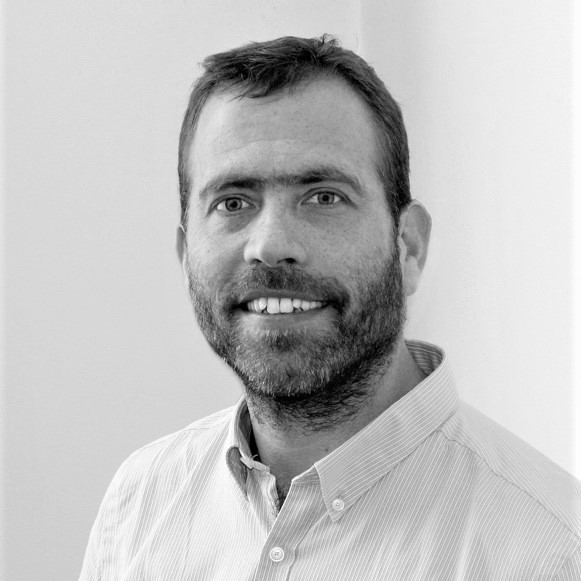
Our latest CAST report on a pilot project on repair and reuse initiatives, as part of a collaboration with Keep Wales Tidy, shows they are an effective way of preventing waste and providing community benefits to urban and rural communities in Wales.
In our latest CAST report: ‘Circular Economy in the Community: A Pilot Project Exploring Sustainable Models for Repair and Reuse Hubs in Wales’, co-authored by Carly Baker, Rhiannon Craft and Associate Director Prof Wouter Poortinga, we explored sustainable models for repair and reuse hubs across Wales and identified several benefits and challenges as part of a collaborative project with Keep Wales Tidy. Our pilot project was designed to help inform The Welsh Government with their plan to support 80 repair and reuse ‘hubs’.
To do this we explored different types of business models to enable repair and reuse within the community, as well as the experiences of practitioners involved in the running of existing repair and reuse centres. We identified the benefits and challenges to help inform how to establish sustainable models for repair and reuse hubs across different urban and rural locations in Wales.
Our pilot project report consists of a literature review, four case studies, ranging from a mobile bus to pop-up repair cafés, and the result of in-depth interviews with two policy experts and six practitioners involved in the running of existing repair and reuse centres. It also includes several recommendations to the Welsh government.
Key report findings
Benefits
- Repair and reuse initiatives are an effective way of preventing waste within urban and rural communities
- They provide significant social benefits by helping people manage the cost-of-living crisis, providing warm spaces, and bringing communities together
- They provide opportunities for employment, training, and skill development
- They support people in digital poverty
Challenges
- Difficulties accessing suitable space for running pop-up or permanent hubs.
- Skills and training gaps for volunteers.
- Built-in obsolescence makes it difficult to repair products that are being brought in.
- Heavy workloads for volunteers and members of staff, in particular in urban areas
- Lack of long-term funding, with time and skill barriers to apply for funding.
We discovered significant differences between the challenges that were experienced by practitioners operating in rural and urban areas. For example, whilst it’s more challenging in rural areas to find workable models that do not exclude remote communities, small teams working in urban hubs often experience heavy workloads due to the high demand for repair services.
Repair and reuse projects can be successful but require government support
- Repair and reuse projects can be established successfully at various scales, from a mobile bus to pop-up repair cafés, and permanent multi-functional hubs.
- However, different areas experience different challenges. In urban areas, some projects experience heavy workloads due to high demand.
- Government support is needed to enable repair and reuse initiatives to become self-sustaining.
Overall, our findings show that repair and reuse services are in high demand, suggesting there is a need for such services within the community. Behaviour change was reported by all participants as a vital part of the transition to a circular economy.
Associate Director Professor Wouter Poortinga, co-author of the report, shares his thoughts on the findings:

“This report shows that repair and reuse initiatives are an effective way of preventing waste within urban and rural communities. But that’s not all. It also shows that they provide significant social benefits by helping people manage the cost-of-living crisis, providing warm spaces, and bringing communities together.
Repair and reuse hubs have been a great success in Wales and beyond, showing that there is a real demand for such services within the community. There is however a need for more structural support to roll out repair and reuse hubs across more urban and rural areas and making them sustainable”.
Jemma Bere, Policy & Research Manager from Keep Wales Tidy, adds:

“We are delighted to see new research in this important area of policy that provides us with valuable information to support the transition to the circular economy in Wales. Understanding the behaviours that drive engagement with repair and reuse activities is critical if we are to drive the cultural shift that is necessary to make this the norm.
Wales’ household recycling rates are amongst the best in the world but we need to shift our focus toward prevention and keep the products and items we have in use for as long as possible.”
Read the full report for more information. Follow us on Twitter and LinkedIn and subscribe to our newsletter for future updates from the CAST team.


